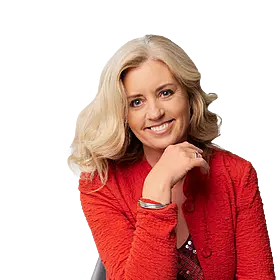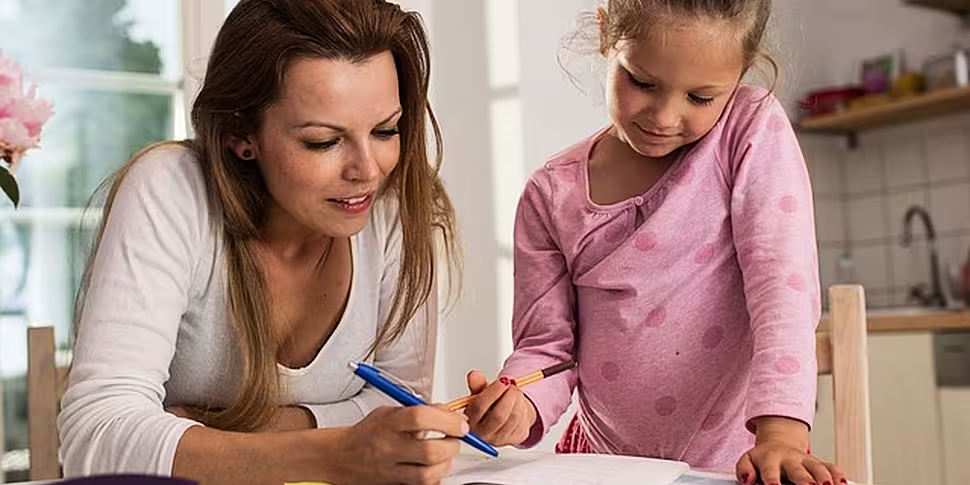The struggle of finding a school place for a child with neurodivergent needs has been compared to a “dogfight” by a leading campaigner.
It follows calls for more resources in schools to help teachers and students understand neurodivergent conditions, which include ADHD, autism, dyspraxia, dyslexia, and more.
Around 20% of people are believed to have some form of neurodivergent condition in Ireland.
On The Hard Shoulder today, Tracy Carroll, a full-time carer to her daughter Willow, who has a number of additional needs arising from a brain injury at birth, said Ireland has a two-tier education system.
“We have the typical approach to education, and then we have what they call special education," she said.
“For me, that word used in that manner is derogatory.
“We treat children with disabilities differently and we frame them in this special education model – and that actually creates a place of exclusion.
“If your child has additional needs, you don’t have the same opportunities as a child with typical education, so to avail of a place for your child, it is basically a dogfight.”
Challenge
Ms Carroll said there are not enough “adequate places” in schools for children with additional needs.
“You’re lucky to get a place in your community, and you’re especially lucky for your children to be educated together,” she said.
“From the get-go, the day you realise that your child is not going to fit the typical education model, it’s an absolute challenge.
“We have an education model in Ireland that is framed for the typical.”
 A teacher in class with students. Image: Roman Lacheev / Alamy Stock Photo
A teacher in class with students. Image: Roman Lacheev / Alamy Stock PhotoShe said many are currently biding their time at home awaiting a school place.
“There are something like 60 children at the moment without an education placement, and it’s totally not fair, nor right, and it doesn’t offer equality,” she said.
“It certainly doesn’t offer equality.”
Homeschool
Ms Carroll said many children are being homeschooled as a result.
“With that first step from Montessori into school, that’s where they build relationships and meet their peers,” she said.
“In those early years, it’s so important for children’s abilities to be enhanced, and it’s about offering opportunity no matter what way your child is educated.
“It’s about seeing that child’s strengths and supporting their weaknesses, no matter what way they are.”
Ms Carroll added that Irish parents are “exhausted” from battling for their children’s rights.
You can listen back here:
Main image shows a mother homeschooling her daughter.









